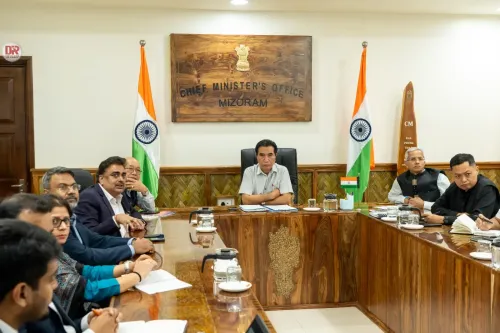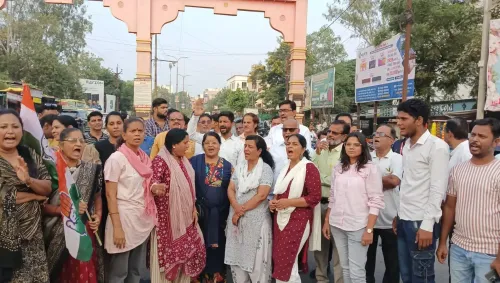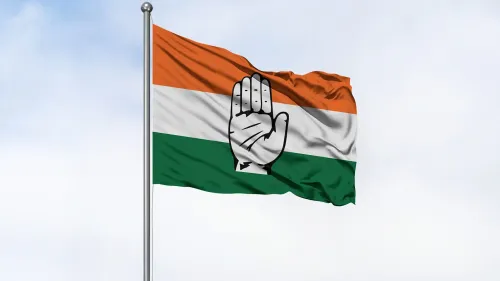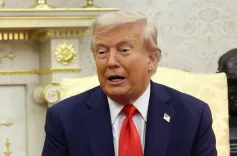What Will Be the Delhi HC's Decision on the Bail Pleas of Umar Khalid and Sharjeel Imam?
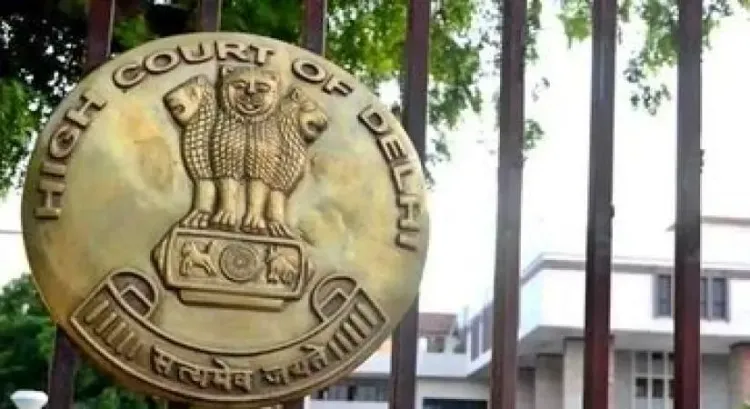
Synopsis
Key Takeaways
- Delhi High Court's ruling on bail pleas is imminent.
- Umar Khalid and Sharjeel Imam are key accused in the 2020 Delhi riots case.
- Solicitor General opposes bail citing national security concerns.
- Case involves allegations of a larger conspiracy to disrupt peace.
- Implications of the ruling could affect future legal cases.
New Delhi, Sep 1 (NationPress) The Delhi High Court is set to announce its verdict on the bail applications of Umar Khalid, Sharjeel Imam, and others implicated in the alleged 'larger conspiracy' surrounding the 2020 riots. According to the court's published schedule, a panel of Justices Navin Chawla and Shalinder Kaur will deliver the ruling in the post-lunch session on September 2.
In July, the Bench led by Justice Chawla had reserved judgment after listening to the arguments presented by the defense and Solicitor General Tushar Mehta, representing the Delhi Police.
Challenging the bail requests, Mehta stated that the prolonged detention of the accused should not be a reason for their release, as they are implicated in a meticulously planned criminal conspiracy designed to bring shame to the nation ahead of US President Donald Trump's visit in 2020.
He asserted, 'If you are acting against the nation, you should remain incarcerated until your acquittal or conviction.'
Mehta emphasized, 'This is not a typical case of rioting; it is a calculated and deliberate conspiracy initiated in the nation's capital with a specific agenda.'
Referencing speeches made by Sharjeel Imam, he argued that there was an intent to fracture national unity along religious lines, aiming for global embarrassment.
During his statement, Mehta cited multiple international media references regarding the riots, contending that the accused were not merely protesting but were engaged in something much more nefarious.
He recalled a previous court ruling which labeled Khalid's actions as a 'terrorist act.'
Mehta concluded, 'This should not be viewed as a simple riots case; it represents a premeditated assault on the nation’s sovereignty, executed in the capital.'


